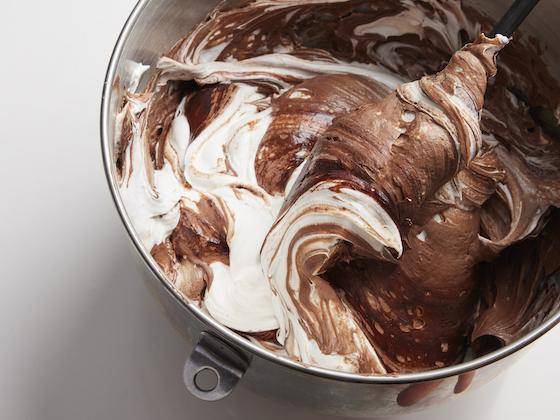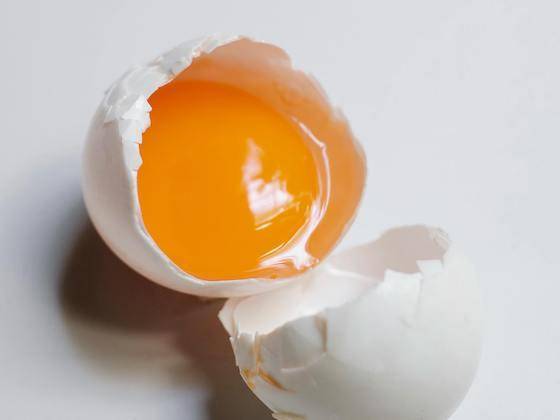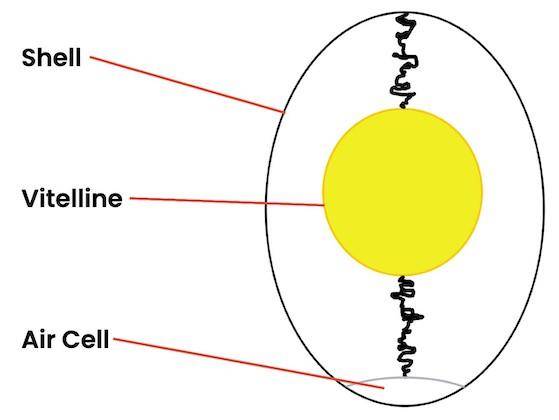Egg Whites in Action: Royal Icing
Egg Whites in Action: Royal Icing
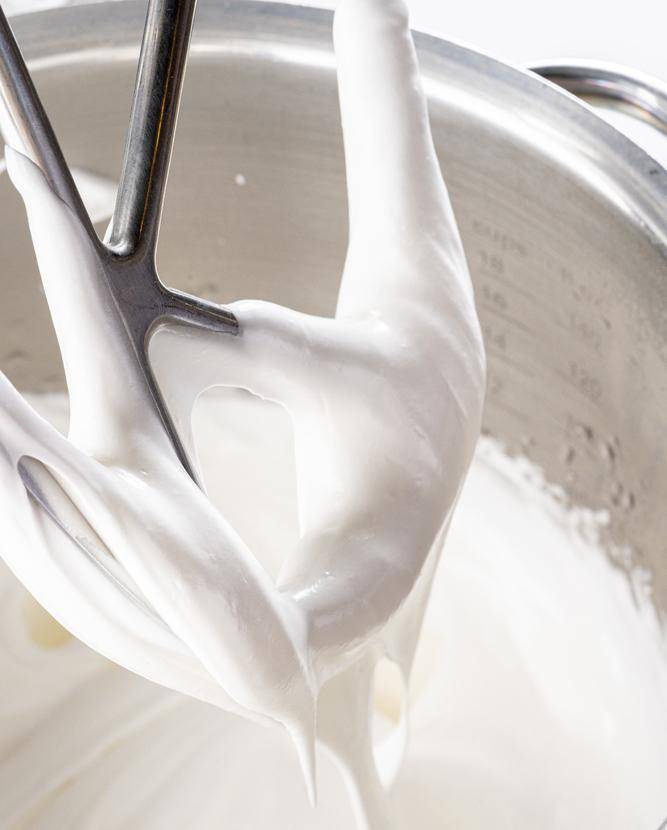
Royal icing is a hard white icing made from egg whites, confectioner's sugar, and sometimes an acid such as lemon juice. It's used for decorating cakes and cookies, and with the addition of solid fat and gum, it becomes gum paste.
Essential Royal Icing Tips:
- If mixing in a stand mixer, use the paddle, not the whisk, and mix on low speed.
- Royal icing recipes are not interchangeable. Recipes made with fresh whites, meringue powder, or dried egg whites are all used for different purposes.
- Dried egg white powder must first be rehydrated in order to make royal icing. Be patient - they take a while to hydrate. And they smell pretty bad.
- To avoid lumps, double-sift the confectioner's sugar before proceeding with the recipe.
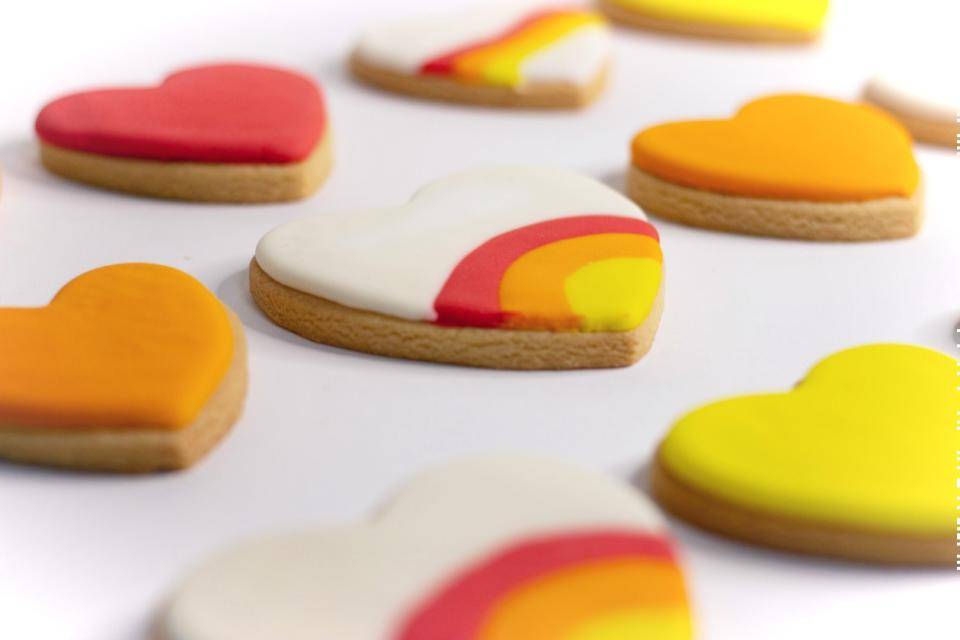
Best Applications for Each Type of Royal Icing
With Dried Egg Whites:
- Simple Piped Borders on Cakes
- Overpiping & Lambeth Piping
- Any royal icing decorations used on cake dummies
With Fresh Egg Whites:
- This is the strongest version of royal icing and is ideal for extension work, Nirvana collars, etc.
With Meringue Powder:
- Flooding for cookies
- Piped borders and other embellishments on fondant cakes
- Stenciling
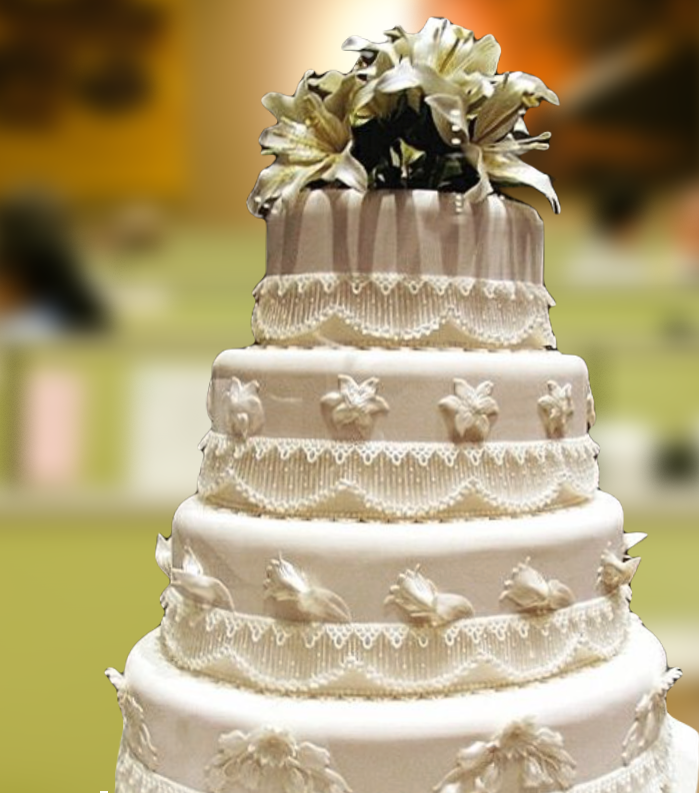
Recipe: Royal Icing with Fresh Egg Whites
Ingredients:
- 70g Egg whites
- 454g Confectioner's Sugar, sifted
- 9g Water
- 2.7g Cream of Tartar
Method:
- Sift the sifted confectioner's sugar with the cream of tartar and set aside.
- Combine the whites and the water in the bowl of a stand mixer fitted with the paddle attachment. Run the mixer on lowest
- speed for a few seconds just to break up the whites.
- Add the sifted dry ingredients all at once and stir with the paddle or by hand until the majority of the sugar is wet.
- Mix on the lowest speed until the mixture looks like wet cement. Turn off the mixer and scrape the sides of the bowl.
- Continue to mix on low speed until the icing forms medium peaks and turns pure white.
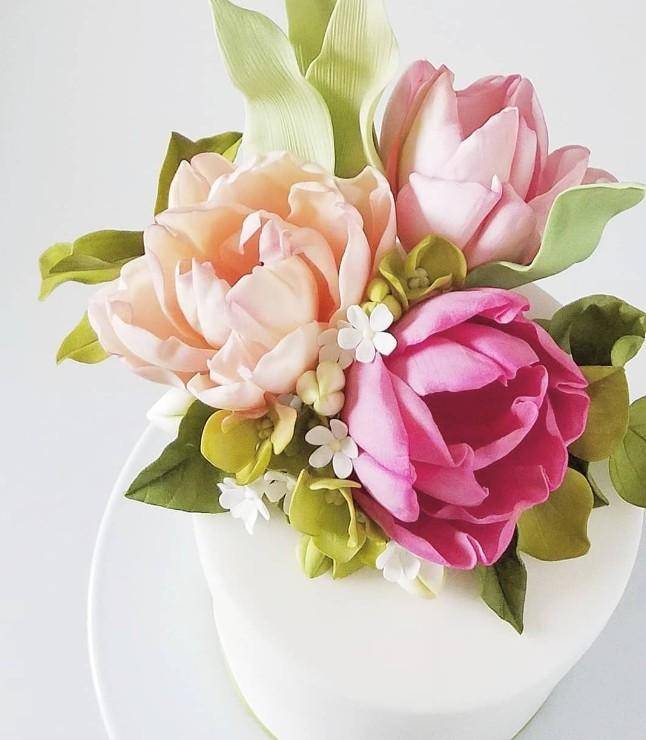
Flowers by @petalsweetcakes
Recipe: Gum Paste for Flowers and Other Decor
Ingredients:
- 150g Egg whites
- 907g Confectioner's sugar, sifted
- 42g Tylose powder
- 24g Vegetable shortening
Method:
- Reserve about 250g of the confectioner's sugar.
- Pour the egg whites into the bowl of a stand mixer fitted with the paddle attachment. Run the mixer on the lowest speed for a few seconds just to break up the whites.
- Add the remaining confectioner's sugar to the egg whites. Beat on low speed until the sugar is saturated. Scrape the bowl, and mix on low-medium speed to medium stiff peaks.
- Add the Tylose powder and mix until the mixture reaches a clay-like consistency.
- Turn the mixture onto a Silpat® that has been dusted with some of the reserved powdered sugar.
- Spread the shortening on your hands and knead the paste, adding as much of the remaining confectioner's sugar as necessary.
- The final result should not be sticky when pinched.
- Wrap the paste in several layers of plastic wrap and refrigerate overnight before using. The paste can also be frozen indefinitely as long as it is wrapped very well.

Notes on Gumpaste from Chef Mark Seaman
In the case of gum paste, consistency will vary from decorator to decorator. I happen to like my gum paste on the firmer side so I take my royal base just a little further than most. This is so I can have more control over the position of the individual flower petals during processing. Unlike royal icing that I’d use for, say, piping a shell border on a fondant cake that I’d make with meringue powder, I would only use shelled whites for gum paste to ensure a better structure.

